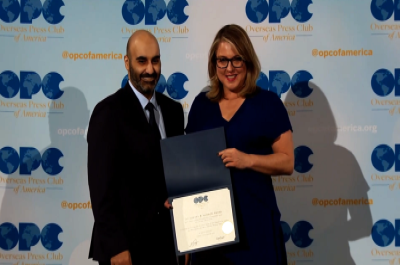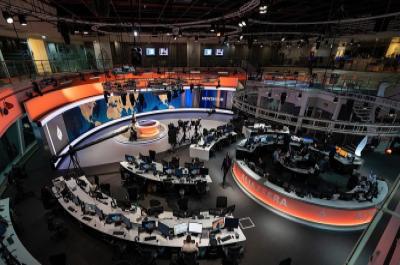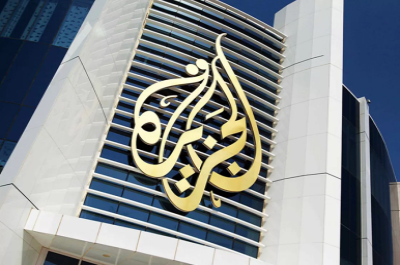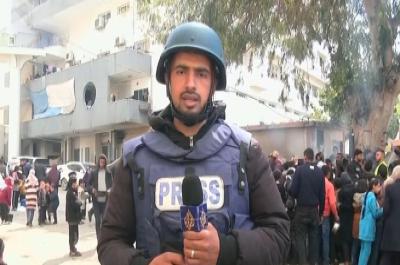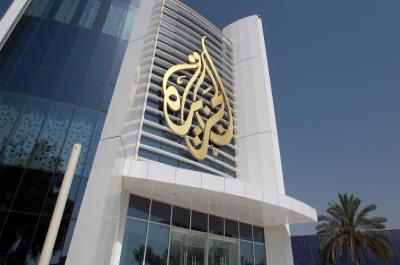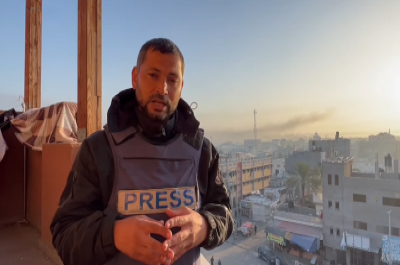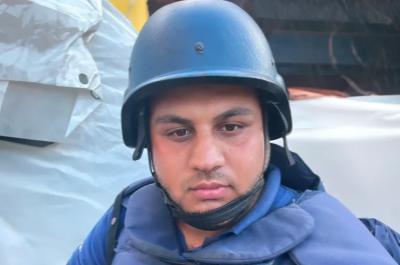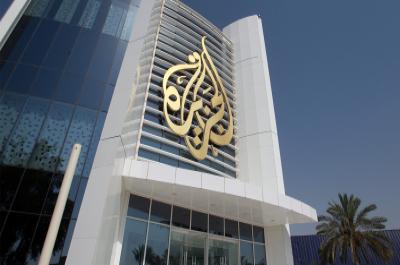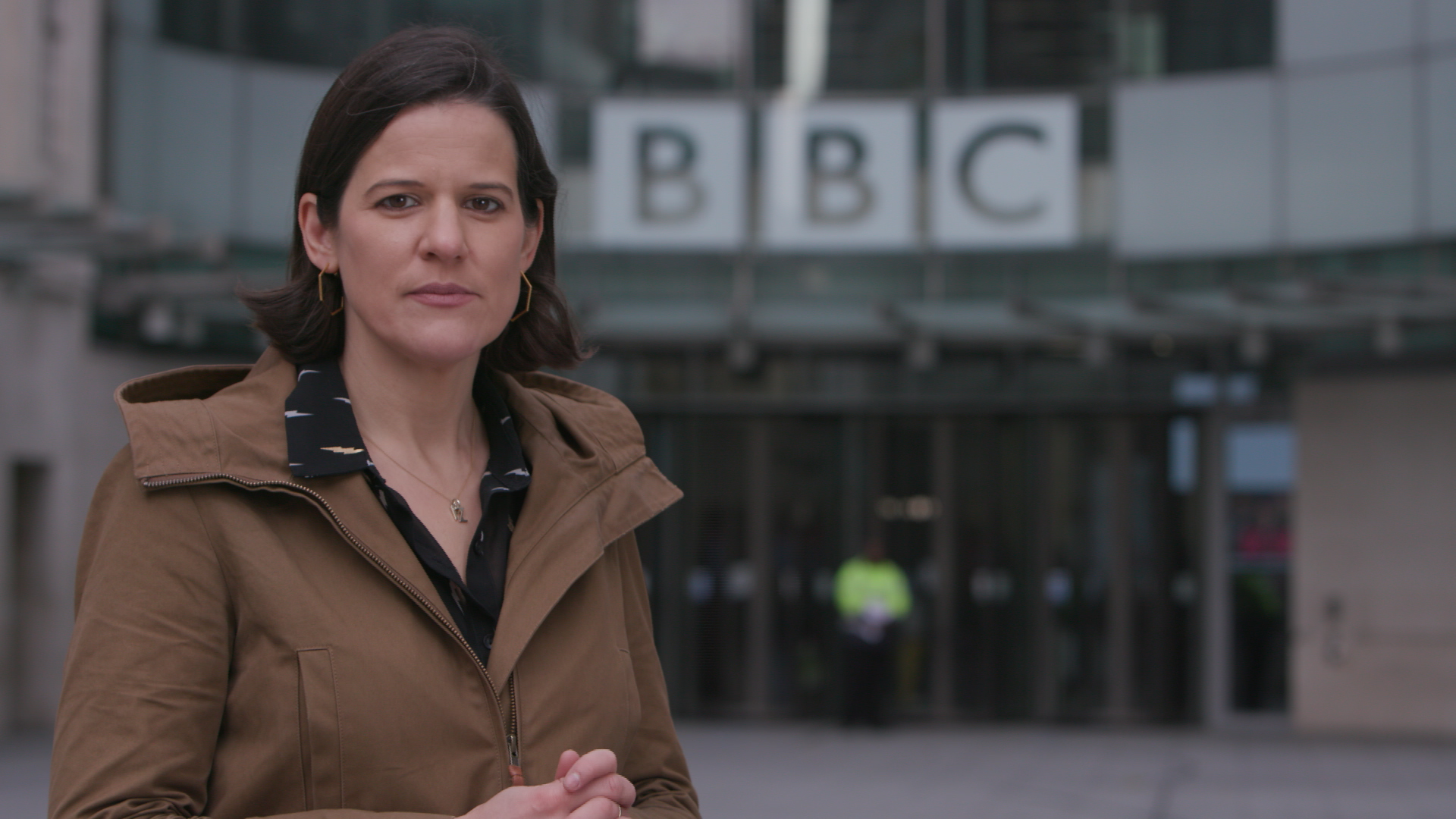
‘Battle for the BBC’ - An Al Jazeera English Documentary Examines the Relationship Between the BBC and the British State
The Listening Post, Al Jazeera English’s weekly media analysis programme, is releasing a half-hour documentary that examines the relationship between the BBC and the British state.
“You must never underestimate the malice of a prime minister who wants to destroy, or at least reduce the power of the BBC,” veteran BBC presenter David Dimbleby warns in ‘Battle for the BBC’.
Set against a backdrop of threats and manoeuvrings from the government of Boris Johnson, Dimbleby is joined by former Director-General Greg Dyke, former Radio 4 host John Humphrys and Newsnight's former economics editor Paul Mason, among others, as they reflect on a tension that has plagued the BBC since its birth almost a century ago - between its dependence on government, and its desire for independence when holding that same government to account.
Presented by The Listening Post’s senior reporter, Flo Phillips, ‘Battle for the BBC’ brings to life a history that, though vital to understanding Britain’s dominant media outlet, nevertheless remains unknown to most of its audience.
The film covers three formative flashpoints between the public broadcaster and different governments of the day, and considers the changes they have spurred inside the organisation; changes that have, according to some, led to an increase of caution and centralisation in the BBC's journalism since the 1980s.
Phillips looks back at the controversy over the 1985 documentary ‘Real Lives: At the Edge of the Union’, which dealt with the conflict in Northern Ireland. The Thatcher government and the BBC governors tried (and failed) to ban the film - ultimately leading to the dismissal of the then-Director-General Alasdair Milne. “I thought it was pretty murky, I must say,” remembers Dimbleby. Martin Bell, a correspondent at the time, is more blunt: “That was direct pressure by the prime minister.”
Another flashpoint covered in the documentary is the 2003 Iraq War. Paul Mason, who reported on the run-up to the invasion for Newsnight, alleges that the programme barred certain anti-war voices, including the British writer Tariq Ali: “We'd become a government mouthpiece. There were specific voices who were not allowed. Tariq Ali was one of them.”
As with Northern Ireland in earlier decades, BBC journalists pushed back. The film details the row between the Blair government and the BBC over Andrew Gilligan’s report questioning the case for war, which led to the forced resignation of Greg Dyke - then the BBC’s Director-General. “I was pushed,” Dyke maintains. “The governors of the BBC lost their bottle.”
The earliest flashpoint the film explores is the General Strike of 1926 - seen as the first real test of the BBC’s independence. Phillips shows how Lord Reith, the BBC’s founder, resisted the government’s attempts to take over his four-year-old creation, but in doing so sacrificed the BBC’s impartiality – later boasting of its contribution to breaking the strike.
Also interviewed for the film are Guardian columnist Jane Martinson, Tom Mills, the author of “The BBC: Myth of a Public Service”, and former senior civil servant Hayden Phillips.
Representatives from 10 Downing St and the Department for Digital, Culture, Media and Sport declined to participate.

